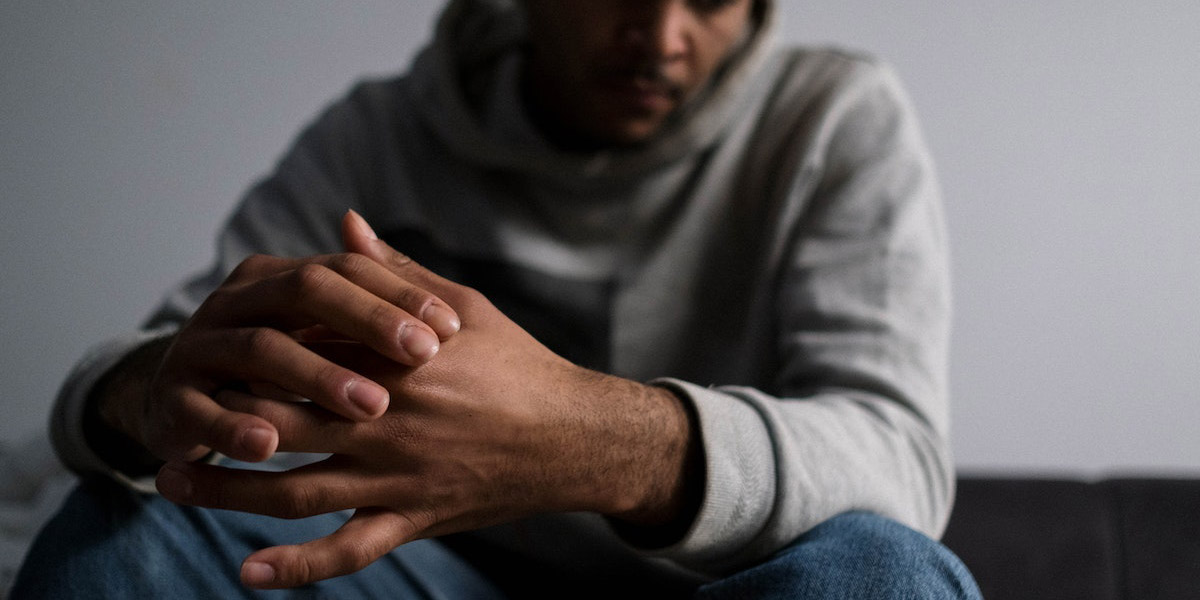Many people assume that relapse is a single event that occurs. A person in recovery could be triggered by something, and they end up using drugs or alcohol again. However, relapse is actually a processthat involves several stages: emotional relapse, mental relapse and physical relapse. By identifying the warning signs of these stages, you can seek the support you need and avoid relapse.
What is Relapse in Addiction Recovery?
A relapse is defined as a worsening of a condition that had previously improved. In addiction treatment, a relapse happens when you use drugs or alcohol after a period of abstinence. Relapse is a normal part of the recovery process, with rates between 40 and 60 percent. While relapse is not failure, it is a setback, so it’s best to prevent it when possible.
That being said, if you do end up relapsing, it’s important not to dwell on it and fall further into the cycle of addiction. How you respond to the relapse is what’s most important. By acknowledging the relapse and getting help immediately, you can get back on track with your recovery goals.
Keep in mind that relapse is not just part of addiction. Addiction relapse rates are comparable to those of other diseases such as hypertension and lupus. Even after treatment, relapse is a common occurrence for all chronic illnesses, particularly when the person stops following their ongoing care plan.
What are the Stages of Relapse?
Contrary to popular belief, relapse is not a quick occurrence. It’s a slow process that occurs in three stages:
1. Emotional relapse
Emotional relapse is the first stage in the relapse process. Most people don’t know that they are experiencing emotional symptoms because they’re not actively thinking about drugs or alcohol. However, their emotions and behaviors may be setting them up for relapse down the line.
Some warning signs that you may be experiencing an emotional relapse are:
- Bottling up your emotions
- Not going to recovery meetings
- Isolating yourself from friends and family
- Poor eating and sleeping habits
- Not managing emotional problems in a healthy way
- Mood swings
- Defensiveness
By recognizing the signs of emotional relapse, you can change your thinking and behaviors. For example, you may reframe negative thoughts and practice deep breathing when you’re feeling anxious.
2. Mental relapse
If you fail to recognize the emotional symptoms of relapse, you may transition into the second stage of relapse, which is mental relapse. In this stage, there is essentially a war going on inside your mind. Part of you wants to use, and the other part does not.
The signs of mental relapse include:
- Fantasizing about drugs or alcohol
- Thinking about people, places and things associated with past use
- Hanging out with old friends who use substances
- Minimizing consequences of past drug use
- Looking for relapse opportunities
- Thinking of ways to better control using
People who are in the mental relapse stage are at a high risk for physical relapse. It’s important to recognize your interest in using drugs or alcohol so that you can get the support you need.
3. Physical relapse
The last stage in the relapse process is physical relapse, which is when you take the step to use drugs or alcohol. If you find yourself in physical relapse, get help immediately. Reach out to a friend, family member or fellow support group member, or connect with a doctor or mental health professional. Your rehab facility is a great resource, as they can help you access treatment and modify your aftercare plan.
Managing Signs of Relapse
Most people notice that something is wrong in the second stage of relapse, because this is when they start thinking about what it would be like to use drugs or alcohol again. If you find yourself fantasizing about substances, here are some helpful techniques to try:
- Play the tape through.This strategy involves thinking about what would actually happen if you relapsed. By playing the tape through, you will see that relapsing would bring many negative consequences, including damaged trust in your relationships.
- Reach out for support.As you rebuild your support network, you should have people who you can reach out to in times of need. Whether it’s a loved one or sponsor, let them know how you are feeling so they can help.
- Wait for 30 minutes. Most urges last 15 to 30 minutes. Find something positive to distract you, such as reading a book, watching a TV show or taking a walk. After you’re done with this activity, the urge will have most likely passed.
- Take it one day at a time.This is a popular saying in addiction recovery. You can’t solve all of your problems overnight, so focus on getting through each day as best as possible.
- Practice relaxation. Managing stress and anxiety is important in early recovery, as they are relapse triggers. Follow relaxation techniques to help you cope with stressful situations such as meditation, journaling and deep breathing.
Relapse is Not Failure. Seek Help Immediately to Get Back on Track!
As you can see, relapse is not a single event that occurs out of nowhere. It is a process that involves three stages and many symptoms. By recognizing these stages, you can better identify when you’re moving in the wrong direction. And if you do relapse, get in touch with a treatment center immediately to find out how to modify your aftercare plan for better outcomes.
Pura Vida Recovery is a treatment facility in Santa Rosa CA that offers detox, partial hospitalization, intensive outpatient treatment, outpatient treatment and aftercare. We can help you at any point in your journey, including after relapse has occurred. Contact our admissions department to learn more.





